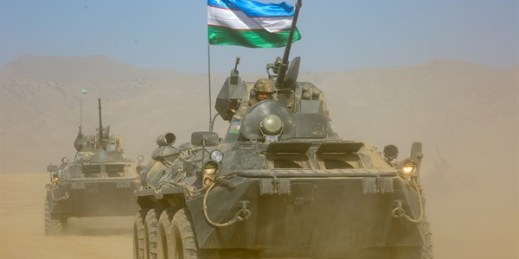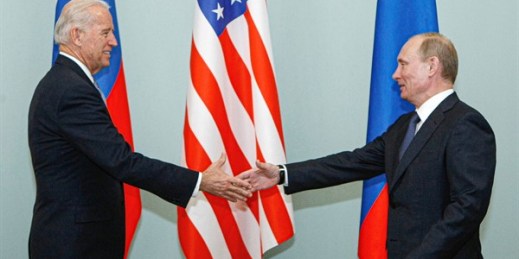
The ongoing withdrawal of U.S. troops from Afghanistan is transforming diplomatic and security dynamics in Central Asia, creating opportunities for Russia and China to enhance their engagement with increasingly anxious governments in the region. The resurgence of the Taliban that began in the spring—and their takeover of large swaths of Afghanistan’s territory, including at least eight regional capitals so far—is unnerving senior officials in Central Asia. Russia, meanwhile, is eager to take advantage of the U.S. withdrawal by shoring up its influence in Central Asia, enhancing its security footprint and preventing Washington from resuming military operations in any Central Asian […]

